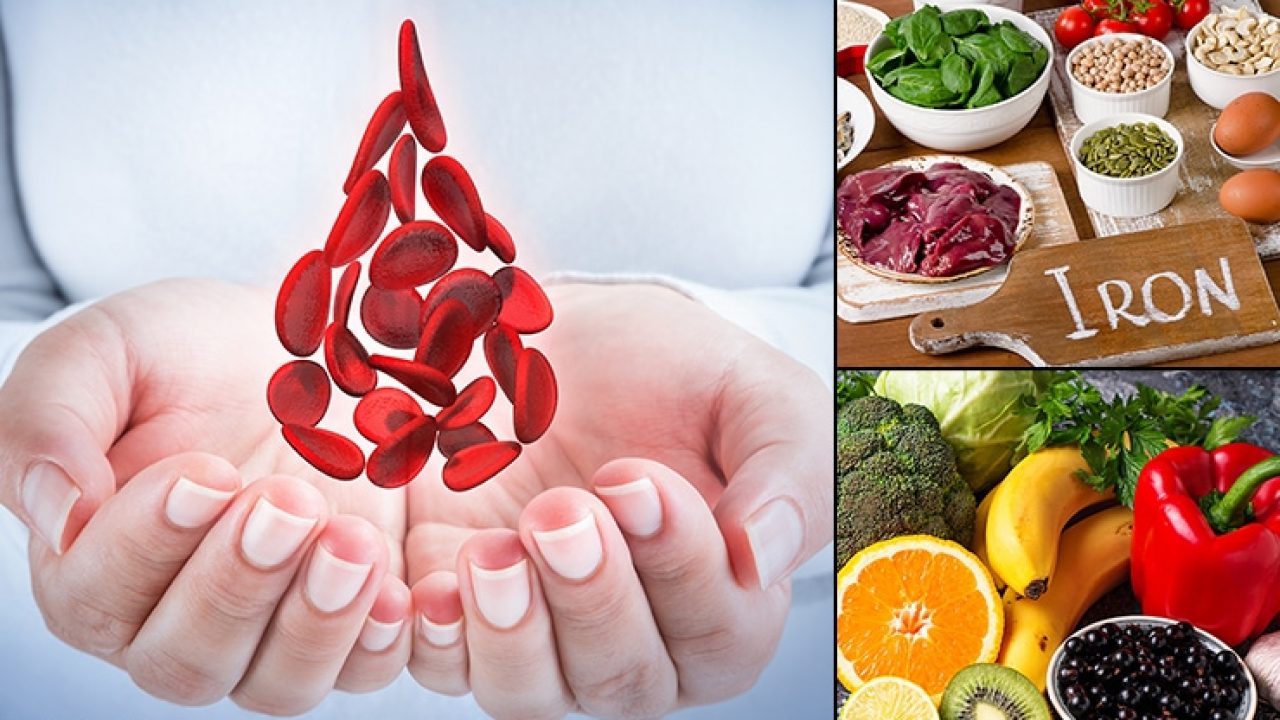Low Hemoglobin
Overview | Possible Causes | Care and Treatment | HOME REMEDies | When to Call the Doctor | References

Overview
A low hemoglobin count is a commonly seen blood test result. Hemoglobin (Hb or Hgb) is a protein in red blood cells that carries oxygen throughout the body.
A low hemoglobin count is generally defined as less than 13.5 grams of hemoglobin per deciliter (135 grams per liter) of blood for men and less than 12 grams per deciliter (120 grams per liter) for women. In children, the definition varies with age and sex. The threshold differs slightly from one medical practice to another.
In many cases, a low hemoglobin count that's only slightly lower than normal doesn't affect how you feel. A low hemoglobin count that's more severe and causes symptoms might mean you have anemia.
Possible Causes
Normally low hemoglobin counts
A slightly low hemoglobin count isn't always a sign of illness- it can be normal for some people. Women with menstrual periods and pregnant women commonly have low hemoglobin counts.
Low hemoglobin counts associated with diseases and conditions
A low hemoglobin count can be associated with a disease or condition that causes your body to have too few red blood cells. This can occur if:
- Your body produces fewer red blood cells than usual
- Your body destroys red blood cells faster than they can be produced
- You have blood loss
Diseases and conditions that cause your body to produce fewer red blood cells than normal include:
- Aplastic anemia
- Cancer
- Certain medications, such as antiretroviral drugs for HIV infection and chemotherapy drugs for cancer and other conditions
- Chronic kidney disease
- Cirrhosis
- Hodgkin's lymphoma (Hodgkin's disease)
- Hypothyroidism (underactive thyroid)
- Inflammatory bowel disease (IBD)
- Iron deficiency anemia
- Lead poisoning
- Leukemia
- Multiple myeloma
- Myelodysplastic syndromes
- Non-Hodgkin's lymphoma
- Rheumatoid arthritis
- Vitamin deficiency anemia
Diseases and conditions that cause your body to destroy red blood cells faster than they can be made include:
- Enlarged spleen (splenomegaly)
- Hemolysis
- Porphyria
- Sickle cell anemia
- Thalassemia
A low hemoglobin count can also be due to blood loss, which can occur because of:
- Bleeding in your digestive tract, such as from ulcers, cancers or hemorrhoids
- Frequent blood donation
- Menorrhagia (heavy menstrual bleeding) (heavy menstrual bleeding-although even normal menstrual bleeding may cause a slightly low hemoglobin count)
Care & Treatment
To treat low hemoglobin, the healthcare provider must first learn what is causing it (a poor diet or a more serious health problem). In that way, the provider can treat the symptom and the cause.
Mostly, Iron-deficiency anemia (a disorder due to low hemoglobin) is treated by increasing the amount of iron the patient gets, either with iron supplements taken by mouth or by eating more foods that are high in iron.
Home Remedies
If low hemoglobin is due to a poor diet you can improve the condition by making little changed in your diet plan and adding iron rich food.
The iron in food comes from two sources: animals (found in various meats and fish) and plants (found in certain vegetables and in iron-fortified foods such as breakfast cereals).
The following foods are good sources of iron:
- Oysters
- Kidney beans
- Beef liver
- Tofu
- Beef (chuck roast, lean ground beef)
- Turkey leg
- Whole wheat bread
- Tuna
- Eggs
- Shrimp
- Peanut butter
- Leg-of-lamb
- Brown rice
- Raisin bran (enriched)
- Molasses
When to Call the Doctor
Some people learn that their hemoglobin is low when they try to donate blood. Being turned down for blood donation isn't necessarily a cause for concern. You can have a hemoglobin count that's fine for you but doesn't meet the standards blood donation centers set.
If your hemoglobin count is only a little under the required level, particularly if you've been accepted for blood donation in the past, you might just need to wait a couple of months and try again. If the problem continues, make an appointment with your doctor.
Make an appointment if you have signs and symptoms
If you have signs and symptoms of a low hemoglobin count, make an appointment with your doctor. Signs and symptoms can include:
- Fatigue
- Weakness
- Pale skin and gums
- Shortness of breath
- A fast or irregular heartbeat
Your doctor might recommend a complete blood count test to determine whether you have a low hemoglobin count. If your test reveals that you have a low hemoglobin count, you'll likely need more testing to determine the cause.
To book online consultation to meet our expert doctor click on the link below
Reference
- https://my.clevelandclinic.org/health/symptoms/17705-low-hemoglobin
- https://www.mayoclinic.org/symptoms/low-hemoglobin/
- https://www.ucsfhealth.org/medical-tests/hemoglobin
- https://emedicine.medscape.com/article/2085614-overview






































































































